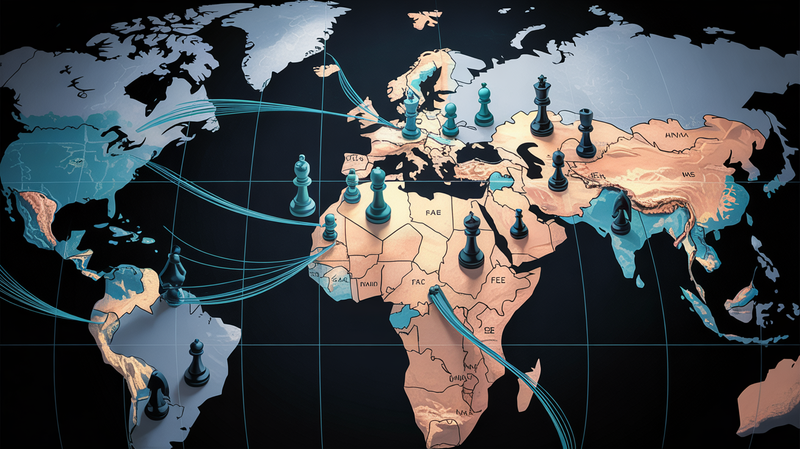Russia-Cuba Relations in 2023: Strengthening Ties Amid Global Tensions
Russia-Cuba Relations in 2023: Strengthening Ties Amid Global Tensions In the ever-evolving landscape of international relations, 2023 has witnessed a significant strengthening of ties between Russia and Cuba. This development comes as both nations continue to face extensive economic sanctions and global political pressures. Economic Revival and Strategic Support One

Russia-Cuba Relations in 2023: Strengthening Ties Amid Global Tensions
In the ever-evolving landscape of international relations, 2023 has witnessed a significant strengthening of ties between Russia and Cuba. This development comes as both nations continue to face extensive economic sanctions and global political pressures.
Economic Revival and Strategic Support
One of the key developments this year has been Russia's commitment to bolstering Cuba's strained economy. Russia agreed to supply 1.64 million tonnes of oil and oil products annually to Cuba, a move that promises to alleviate the island's fuel shortages and economic distress. This support is not just a lifeline for Cuba's economy but also signifies Russia's ongoing efforts to establish a solid footing in Latin America.
Moreover, the resumption of Aeroflot flights to Cuba is set to enhance tourism and economic ties, marking a revival of Soviet-era connectivity and cooperation. The bilateral trade between the two countries reached a remarkable $450 million in 2022, indicating a threefold increase from the previous year, with a focus on petroleum products and soy oil.
Military Alliance and Geopolitical Solidarity
On the military front, Russia and Cuba have deepened their cooperation, reflecting their long-standing alliance that dates back to the Cold War era. Russia has expressed intentions to develop various joint projects in the military-technical field, further cementing this historical partnership.
Politically, Cuba has shown solidarity with Russia's stance in the Ukraine conflict, reinforcing their shared opposition to what they consider Western hegemony. This political alignment is a continuation of their historical partnership and mutual resistance to U.S. influence.
Conclusion: A Resilient Alliance in a Changing World
The Russia-Cuba relationship in 2023 epitomizes the dynamics of international alliances that transcend decades. Amidst global challenges and regional shifts, this alliance stands as a testament to the resilience and strategic importance of historical ties. As these nations navigate through sanctions and geopolitical pressures, their deepening cooperation reflects a mutual commitment to maintaining their sovereignty and influence on the global stage.
This relationship, steeped in history and evolving in the face of current global events, will likely continue to play a significant role in shaping regional dynamics in Latin America and beyond.




